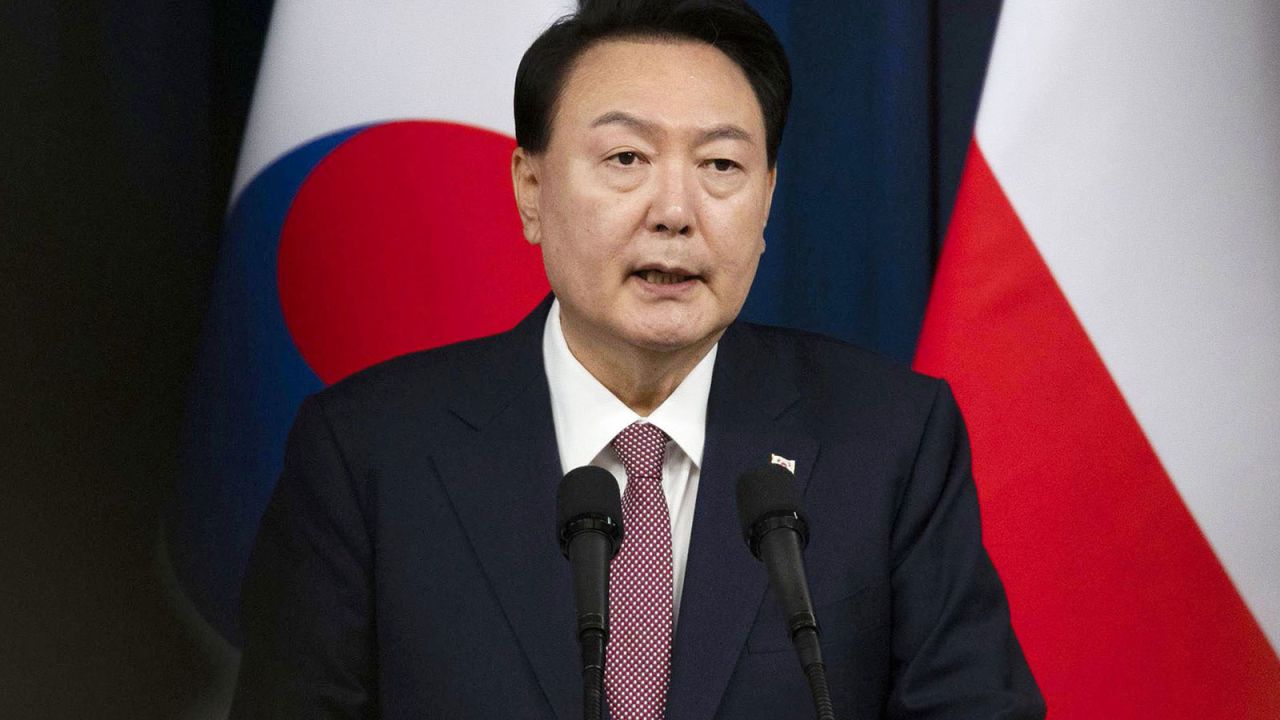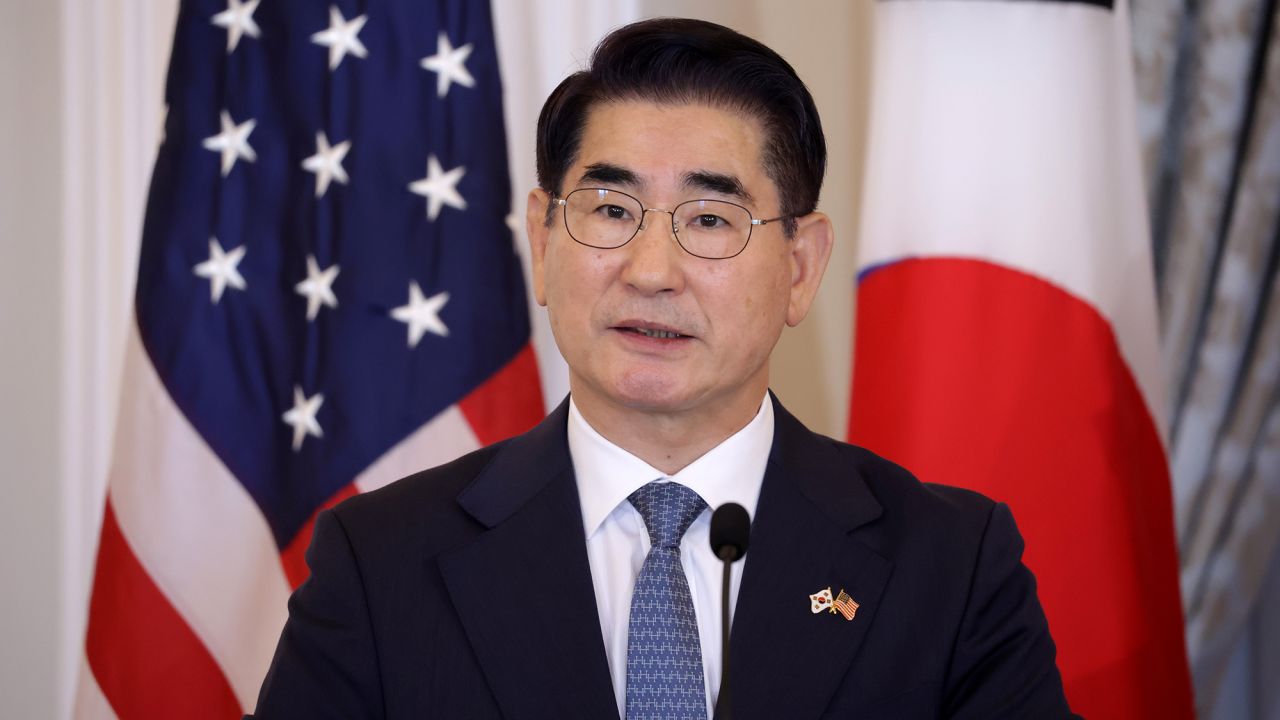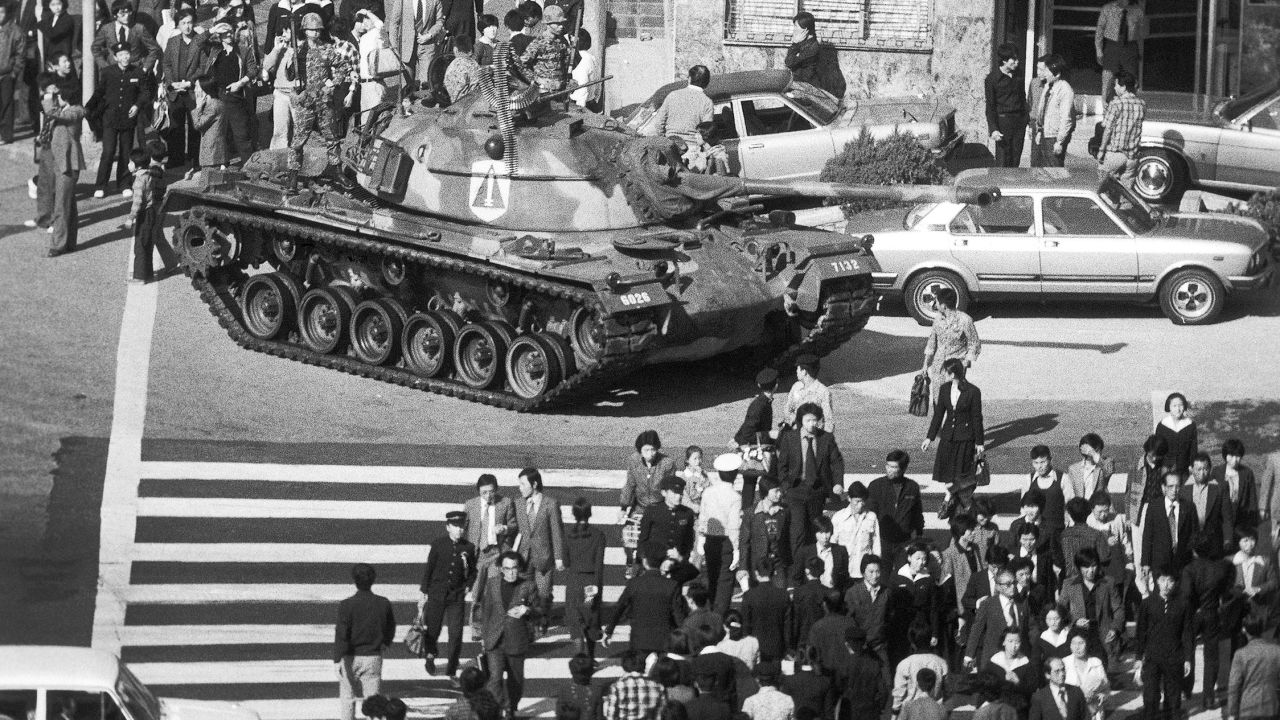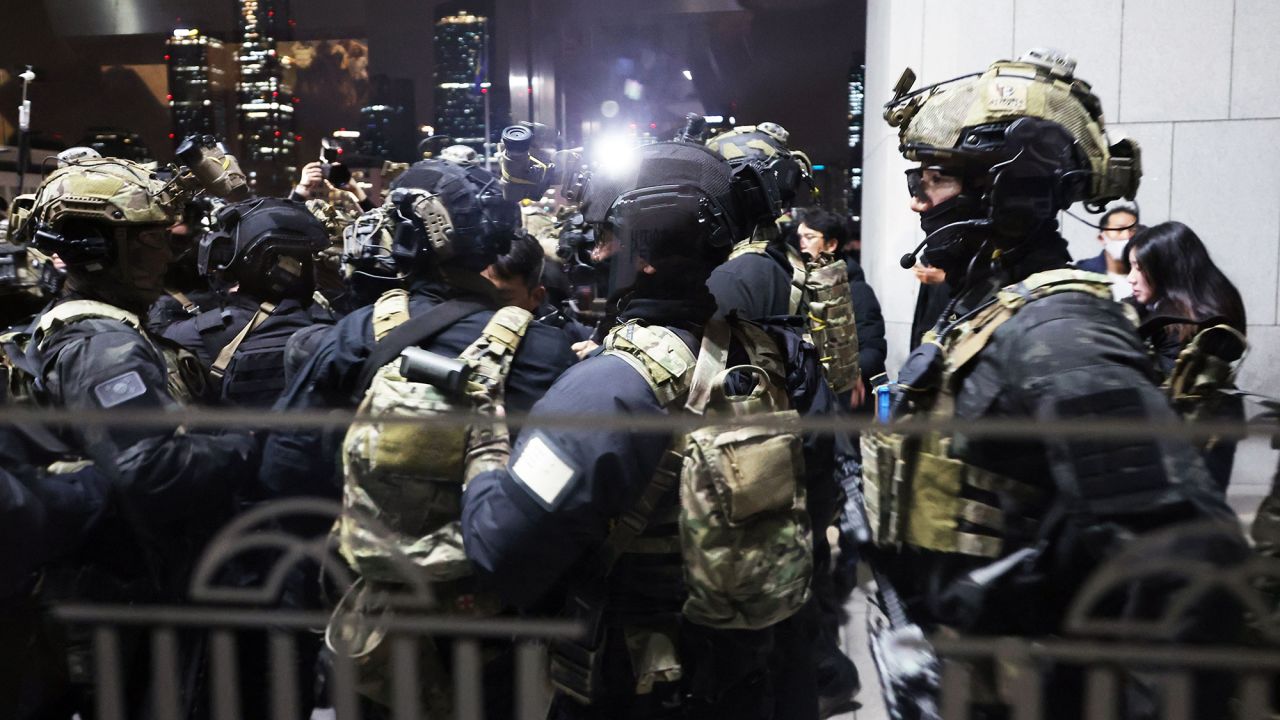Last year, a blockbuster movie gripped South Korea with a dramatization of a painful memory from its authoritarian past, when the assassination of President Park Chung-hee in 1979 led to a military coup and plunged the country into the iron grip of martial law.
So when South Koreans watched in shock as their current president, Yoon Suk Yeol, declared martial law last night, some feared their democratic country was veering toward reenacting that dark chapter.
Yoon was forced to back down and lifted the martial law order just hours later, after lawmakers unanimously voted to block the decree amid a fierce national outcry. But the political whiplash is far from over, with mounting calls for him to resign and moves to impeach him.
South Korea’s presidential history has been marked by coups, imprisonment, impeachment and an assassination as the country transitioned from decades of military dictatorship into a vibrant democracy.
The republic’s first president following independence from Japan after the Second World War was forced into exile by a student revolt in 1960. His successor held office for less than two years before being ousted in a coup.
Park, the next authoritarian president who ruled for 18 years, was shot dead by his own intelligence chief, unleashing an era of dictatorial rule.
Then Chun Doo-hwan, an army major general, seized power in a coup and declared martial law, arresting opponents, closing universities, banning political activities and stifling the press.
In 1980, when student-led pro-democracy demonstrations broke out in the city of Gwangju to protest, Chun sent in the military to crush the uprising, killing nearly 200 people. In 1988, he was forced by protests to allow open presidential elections.
In the 1990s, Chun was prosecuted for the coup and the crackdown. He was sentenced to death but later pardoned.
South Korea has since transformed into a robust democracy, with regular protests, free speech, fair elections and peaceful transfers of power. But its political scene remains fractious, with presidents on both sides of the political divide facing calls for impeachment and prosecution.
Roh Moo-hyun, president from 2003 to 2008, committed suicide while under criminal investigation for alleged corruption after leaving office. His successor, Lee Myung-bak, was sentenced to 15 years in prison for corruption after stepping down.
And Park Chung-hee’s daughter Park Geun-hye, South Korea’s first female president, was impeached by the National Assembly over influence peddling by her top aide and friend. She was sentenced to 24 years in prison for corruption and abuse of power, but later pardoned.
Read the full analysis.









































































